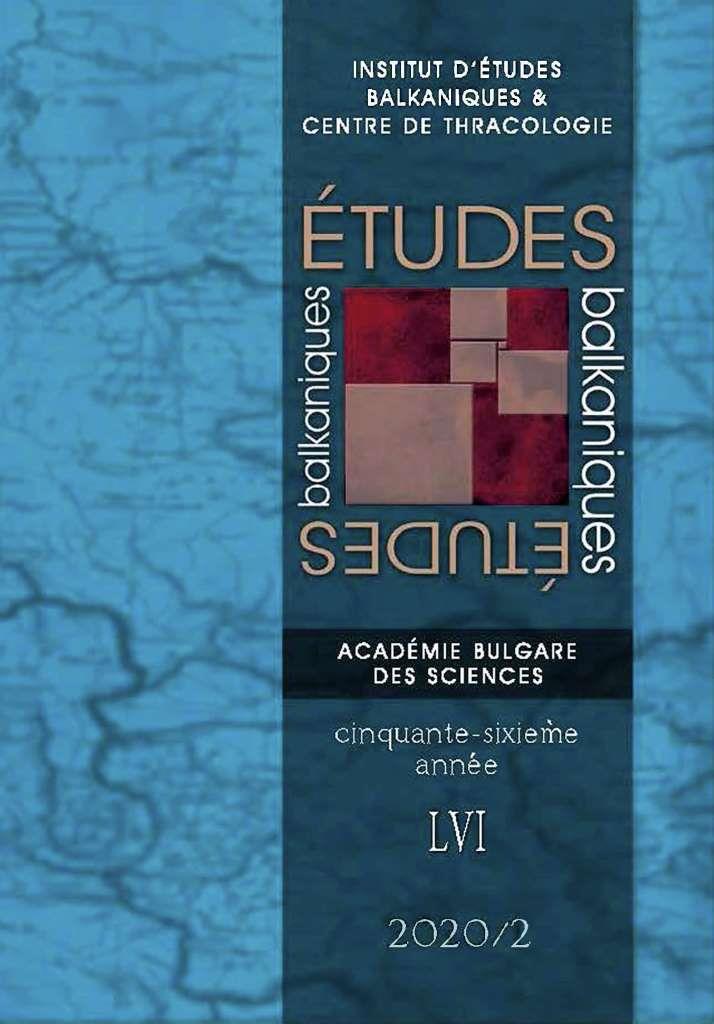ISTANBUL AND CULTURAL MEMORY
ISTANBUL AND CULTURAL MEMORY
Author(s): Margarita SerafimovaSubject(s): History, Language and Literature Studies, Cultural history, History of ideas, Local History / Microhistory, Theory of Literature
Published by: Институт за балканистика с Център по тракология - Българска академия на науките
Keywords: Istanbul; Comparative Literature; Leo Spitzer; Erich Auerbach; 1933.
Summary/Abstract: Paradoxes of history helped Istanbul become a focal point of the European humanitarian elite in the 1930s and in particular one of the topoi of literary theory. A key location in a number of individual destinies, it played an essential role in the establishment of distance as a critical method and served as an excellent observatory – due to its borderline status – for tracing literary processes diachronically and synchronically. As a result, Istanbul became not only the homeland of significant literary studies, but also an important stage in conceptualizing literature as a global phenomenon: a place where banishment goes beyond personal fate and becomes part of the biography and philosophy of comparative literature.
Journal: Études balkaniques
- Issue Year: 2020
- Issue No: 2
- Page Range: 286-296
- Page Count: 11
- Language: English
- Content File-PDF

